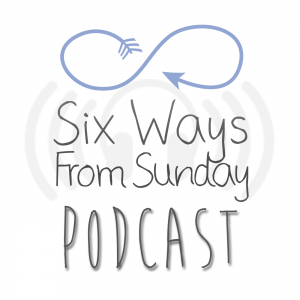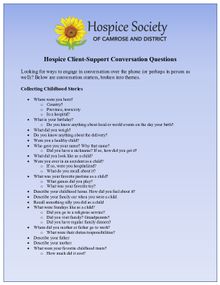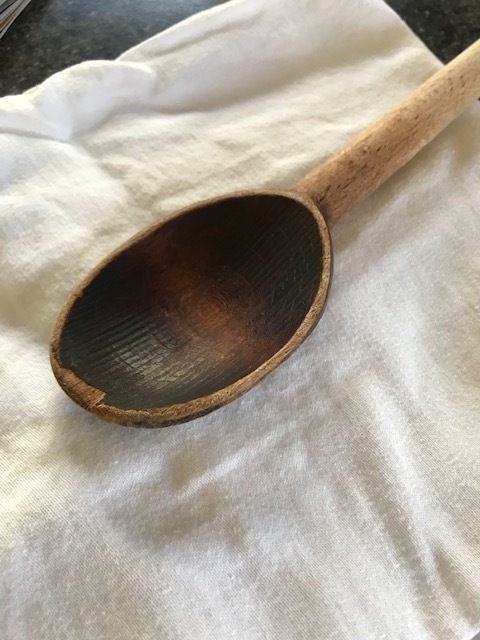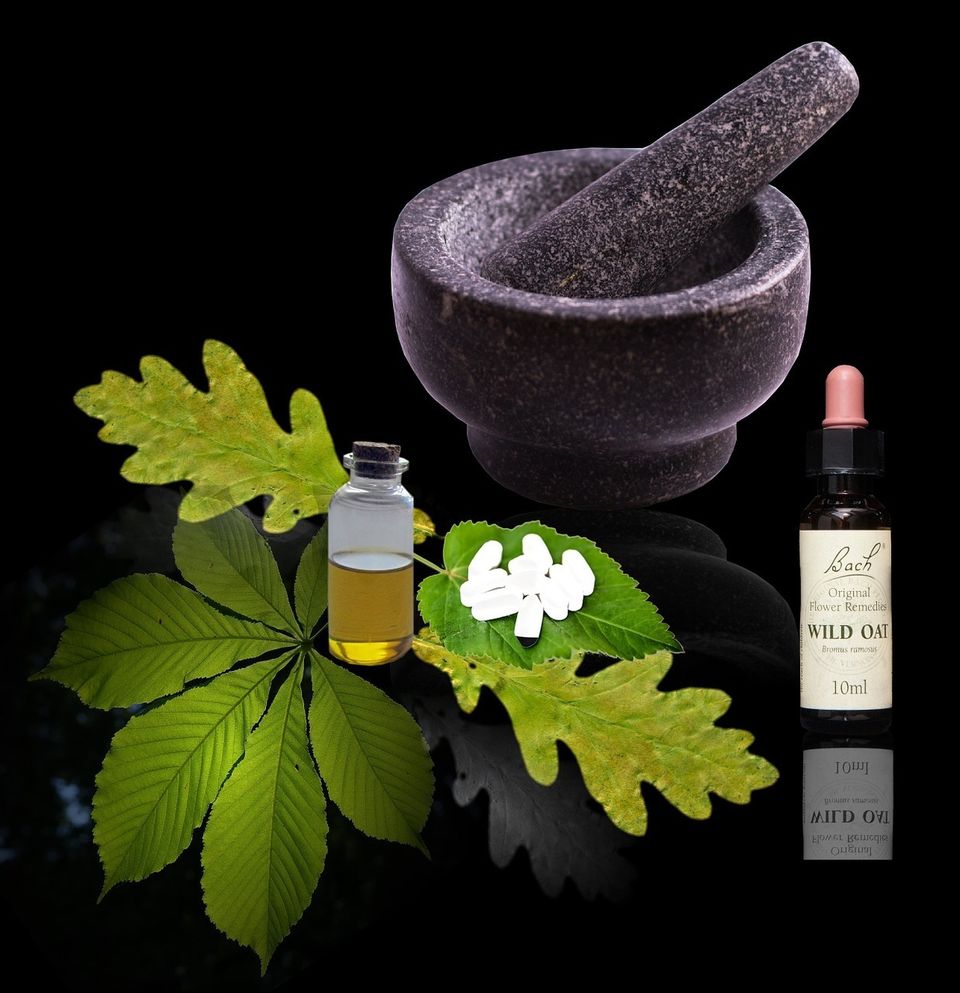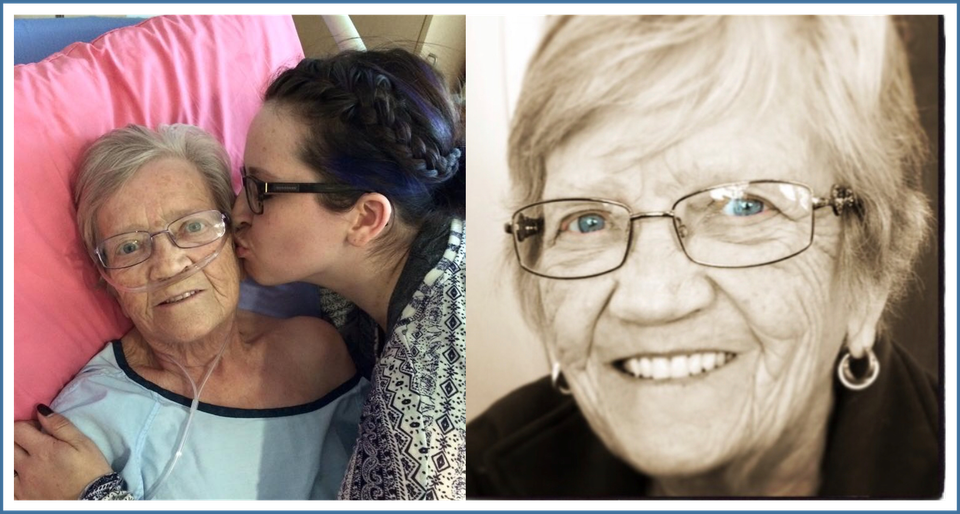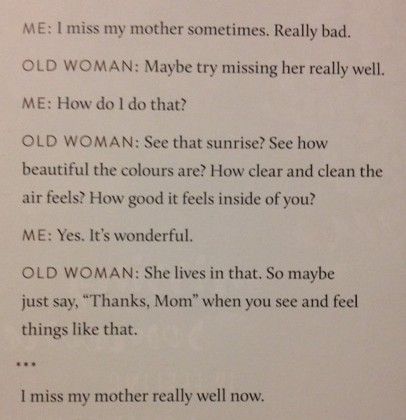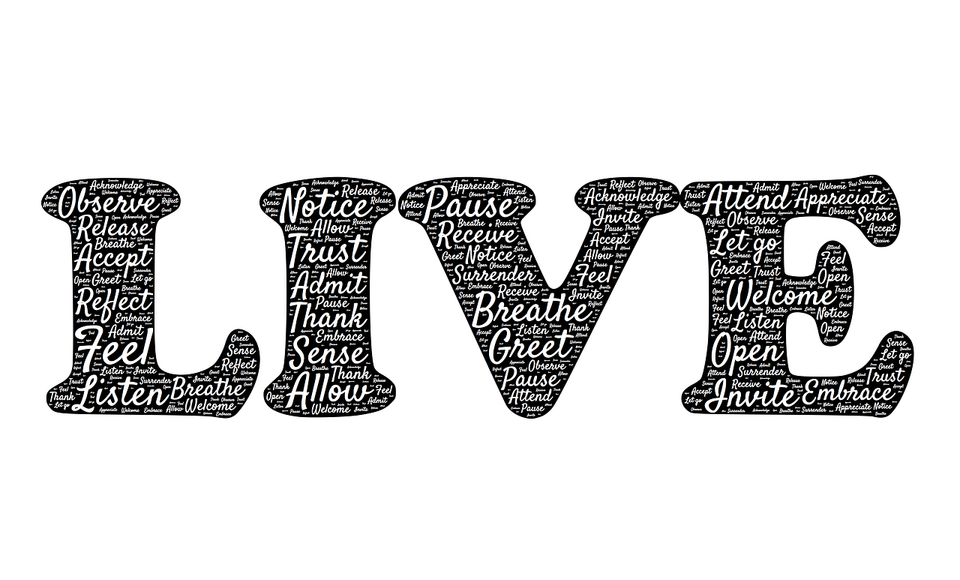May 1, 2019
This week's blog is written by Hospice volunteer, Jessica Johnson
I didn’t cry at her funeral.
Actually, that’s a bit of a lie. I shed one tear at her graveside, and then I stopped myself. And now… I can’t. No matter how hard I try.
They are frozen inside.
What is wrong with me? Am I broken (Well, isn’t that redundant, since I can’t even begin to count the pieces of my shattered heart)? Did I use up all of my tears in the hospital? In the days following her death? Is this just how grief goes?
I cried at her bedside. I couldn’t stop at times. When we found out that the cancer (adenosarcoma) had, in her words, jumped a racetrack to her lungs, I cried an ocean of tears. Salty tears licked my cheeks and stained them, leaving a path that identified my broken heart.
I knew when they told me the cancer had spread that she was dying, and I felt like I was too. I was losing a piece of my heart and how was I supposed to function without a whole heart?
I cried so hard I choked myself on tears. I sat with her in the hospital and held her as she cried, because, even though she knew the reality of her disease, she was suddenly faced with her own mortality. (And, since death doesn’t care about convenience, her sister - her best friend - died the day after the Doctors said she too would. I watched her sob, heartbroken at the loss of her best friend. And it made me realize that I was going to be her soon – sobbing at the loss of someone who was my happy place.) I felt my heart, beating strong only days before, as it fractured inside me.
But somehow, when she held my hand, and asked me not to leave her, the threads rejoined, if only for a while.
She had us at her beck and call, and we never would’ve changed that.
For five days, my family and I took turns with her. Crying, laughing, telling stories.
Quietly sitting with our matriarch.
Laughter helped us to mask our sadness. Through stories, song and jokes we thrived (surely driving the nursing staff crazy). That was what she wanted, and needed. Arguably as much as she needed us, we needed to be there with her, protecting her as best we could from the monster that is death.
We prayed her pain away, silently, but loud enough for the world to hear.
Prayer doesn’t cure cancer. Like a thief in the shadow of the night, it stole her breath. It filled her lungs with fluid.
The hardest part for me was the intrinsic knowledge that she was leaving me.
Selfishly, I wept. Knowing that I wouldn’t receive her texts or her phone calls anymore was crushing. I wouldn’t feel her arms wrap around me and hold me tight. Her fingers would never again tickle my back, while she hummed off key. I wouldn’t hear her witty one liners. How would Christmas taste, without her Norwegian treats? I was (am I ever going to be?) not ready to give that up. If I knew it would’ve saved her I would’ve dug my heels into the dirt and screamed until I got my way and she stayed.
The Doctor’s gave her the choice of pain meds to numb it all, which would essentially put her in a near comatose state until her lungs, and heart, finally gave out or she could have a chest tube that would drain the fluid that had so rapidly built up in her lungs. With the chest tube, she would still “be present”. She chose the latter.
When the Doctor pierced her back, and inserted the small drain – I felt it in me. Her quiet whimpering roared in my eardrums – any indication of pain, no matter how minute, was deafening to me. I wanted to take all of the hurt and carry it with me. I would bear her burden if it meant one peaceful night for her.
After four restless nights, we knew it was time to say goodbye. She was ready to go, but she wasn’t ready to leave all of us. I feel as though she was conflicted right up until the hour before she let go.
I will never forget walking into the room, and seeing her hands - aimlessly reaching out, her wrists rolling in a little dance. Almost like she was trying to hold on.
The last words she spoke to me were “I’m dying”.
The last thing I told her was “I love you.”
She took her last breath at 7:32 a.m. on Sunday, May 3, 2015. Surrounding her were her children, in laws, and my sister and I, two of her Granddaughters. A cocoon of love held her as she closed her eyes for the last time. Like a chrysalis, when we released her, she had wings.
I held my sister and we wept. Our arms entangled in a tight embrace so that the halves of each of our heart that left with her last breath could, even momentarily, become one. I had walked this path fifteen years prior, and saw our Grandpa take his last breath. I knew how deeply it would hurt. My sister had not experienced the monstrosity and beauty of death firsthand – we broke together.
The restless nights, the quiet creeping around her room so as not to wake her. I wouldn’t take them back.
What I’ll miss hearing the most? “I Love You, Jay Bells”.
She was my Vena Cava, only instead of filling my heart with blood, she pumped it full of love.
I was angry. I’m still angry.
I feel guilty. I told her it was okay to let go. Why did I tell her that, when it was not okay? Why didn’t I take more photos? More videos? Why did I ever leave her side, when what I want so badly is to be back there?
Death is something I have always been intrigued by, it is fascinating to study the ancient funeral rites of passage, to delve deeper into a topic that most people shy away from. I freely and openly discuss the topic. I embrace the right to die with dignity, the reality of the mortal soul. As hard as it is, I saw the shards of beauty that shone through the ugliness that consumed my last memories with her.
She was blessed to be surrounded by love and light in her life, and in her dying days that was no different.
When you bring joy into the life of others, that joy will be returned to you, tenfold.
With the help of some family, we washed and dressed her in a beautiful outfit she would’ve chastised us for “wasting”. We stroked her cheeks, her arms, her hands. Those hands - they held hundreds, maybe thousands of babies in her thirty-seven years as a Maternity nurse. They held her four Children, her fifteen Grandchildren, her Nineteen Great Grandchildren. Her hands - they baked, cleaned, cuddled, and caressed. Her hands held my heart. Her cheeks, soft as silk, dampened with my tears as I lay beside her in bed, hugging her. As the dampness of my tears dried and disappeared, I feared that the memories would too.
All I want right now is to hold her again. Even for a moment longer.
The hospital (bless their kind and caring hearts of humanity and grace) gave us all the time we needed. We took five and a half hours to caress her, to talk to her, to cry. None of us wanted to say goodbye to her.
I don’t know how any of us found the strength to leave her. How does a person leave, knowing that the physical body you have been comforted by your whole life is going to be gone?
It is heartbreaking to say goodbye to someone you love so deeply. I know it was right. I know that she, in the end, was ready. I know that peace enveloped her as she left this Earth. It doesn’t mean I am okay with it.
I am not okay.
I will grieve for some time, and my heart may not ever be stitched back together.
I feel guilt, and I feel peace. I am conflicted.
I didn’t cry at her funeral.
Dorothy Louise (Finnestad) Johnson
September 24, 1935 -May 3, 2015
